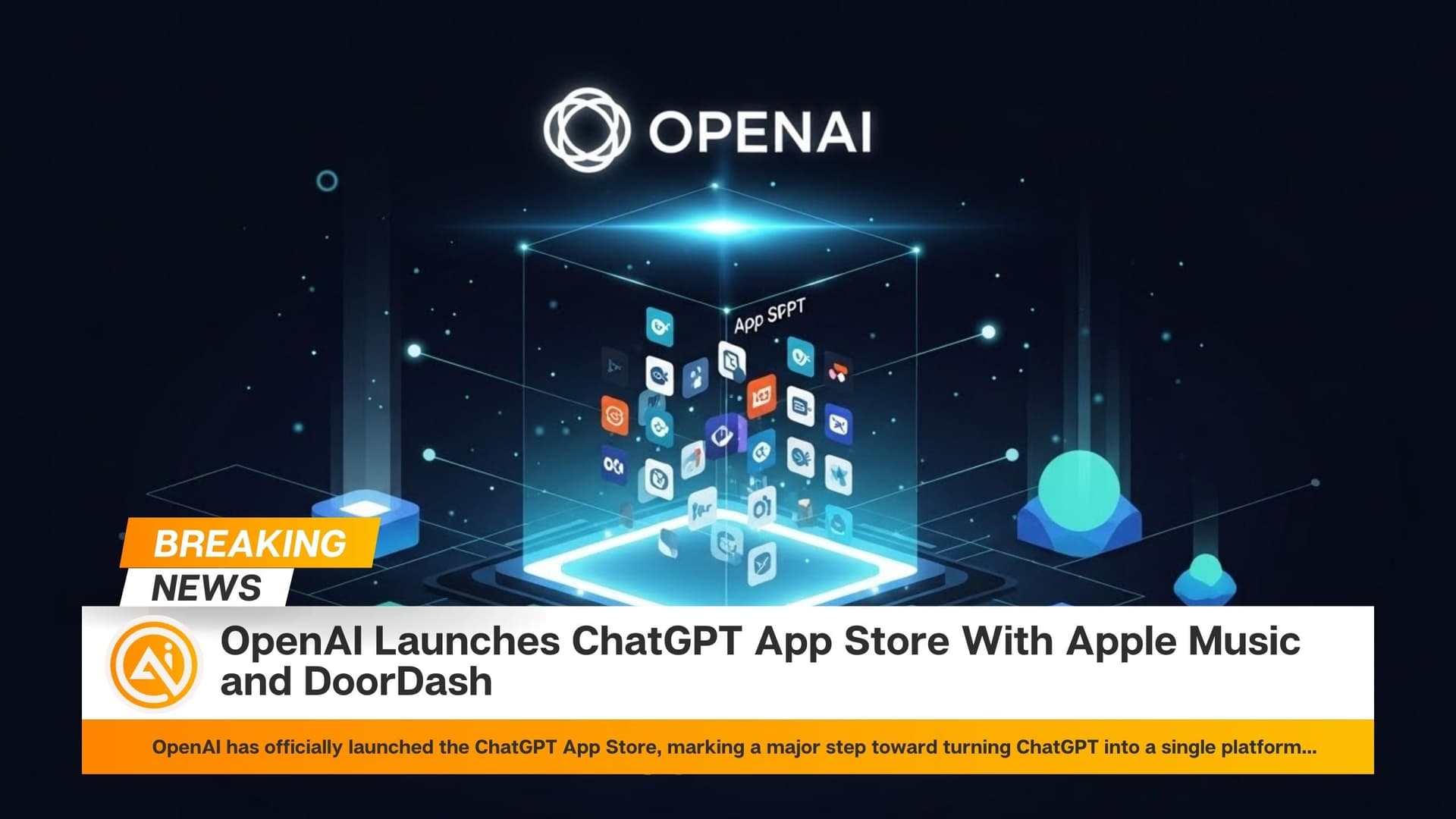OpenAI has strongly criticized Robinhood for selling so-called “OpenAI tokens,” warning consumers that these tokens do not represent real equity in the company. In a statement posted on its official newsroom account on X, OpenAI said it did not approve, participate in, or endorse Robinhood’s effort to offer these tokens to European Union consumers. The company emphasized that any transfer of actual OpenAI equity requires its explicit approval, which was never granted.
Robinhood announced earlier this week that it would begin selling tokenized shares of private companies like OpenAI and SpaceX, claiming the move would let regular investors access equity in leading private firms via blockchain technology. Following the announcement, Robinhood’s stock reached a record high. However, private companies restrict who can buy their shares, making true ownership unavailable to the public.
In response to OpenAI’s rejection, Robinhood spokesperson Rouky Diallo explained that the tokens are part of a limited giveaway intended to give retail investors indirect exposure through Robinhood’s stake in a special purpose vehicle (SPV). An SPV is a separate legal entity that holds shares in a private company. Buyers of the tokens effectively own a contract tied to the SPV, not the actual shares themselves.
Robinhood’s help center clarifies that purchasing its tokens does not mean owning actual stock, but rather buying tokenized contracts that mirror share prices and are tracked on a blockchain. Robinhood CEO Vlad Tenev defended the initiative, saying the tokens still offer exposure to private assets and mark the beginning of broader efforts to “tokenize” ownership.
OpenAI declined to comment further on the matter. This situation reflects a broader trend in which private companies push back against unofficial efforts to market or trade interests in their stock. Recently, Figure AI, a robotics startup, sent cease-and-desist letters to brokers who were marketing its shares without authorization. OpenAI’s firm stance highlights the risks consumers face when buying financial products that appear to be linked to private company equity but lack official backing.
